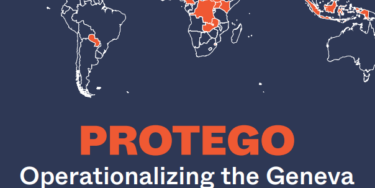This brief from Musawah deals with the reform of Muslim family law.
As human affairs change and evolve, laws and social norms that shape family relations also need to be adjusted and refined to reflect these changes. Most contemporary Muslim family laws are based on a centuries-old juristic (fiqh) framework that no longer responds to contemporary Muslim realities. Law reform is one method for addressing social and economic changes and making our legal systems compatible with the actual needs of individuals and families today.
The brief includes
- The difference between shari’ah (total of religious values and principles that can guide Muslims’ lives) and fiqh (the process by which humans attempt to derive concrete legal rulings from Shari‘ah).
- The interpretation of Islamic concepts of ijtihad, ikhtilaf, darurah, maslahah, istihsan and istislah as open to the reform of Muslim family law.
- Examples of applying these concepts to reform current legal issues like unilateral divorce and wilayah (male guardianship in marriage).


